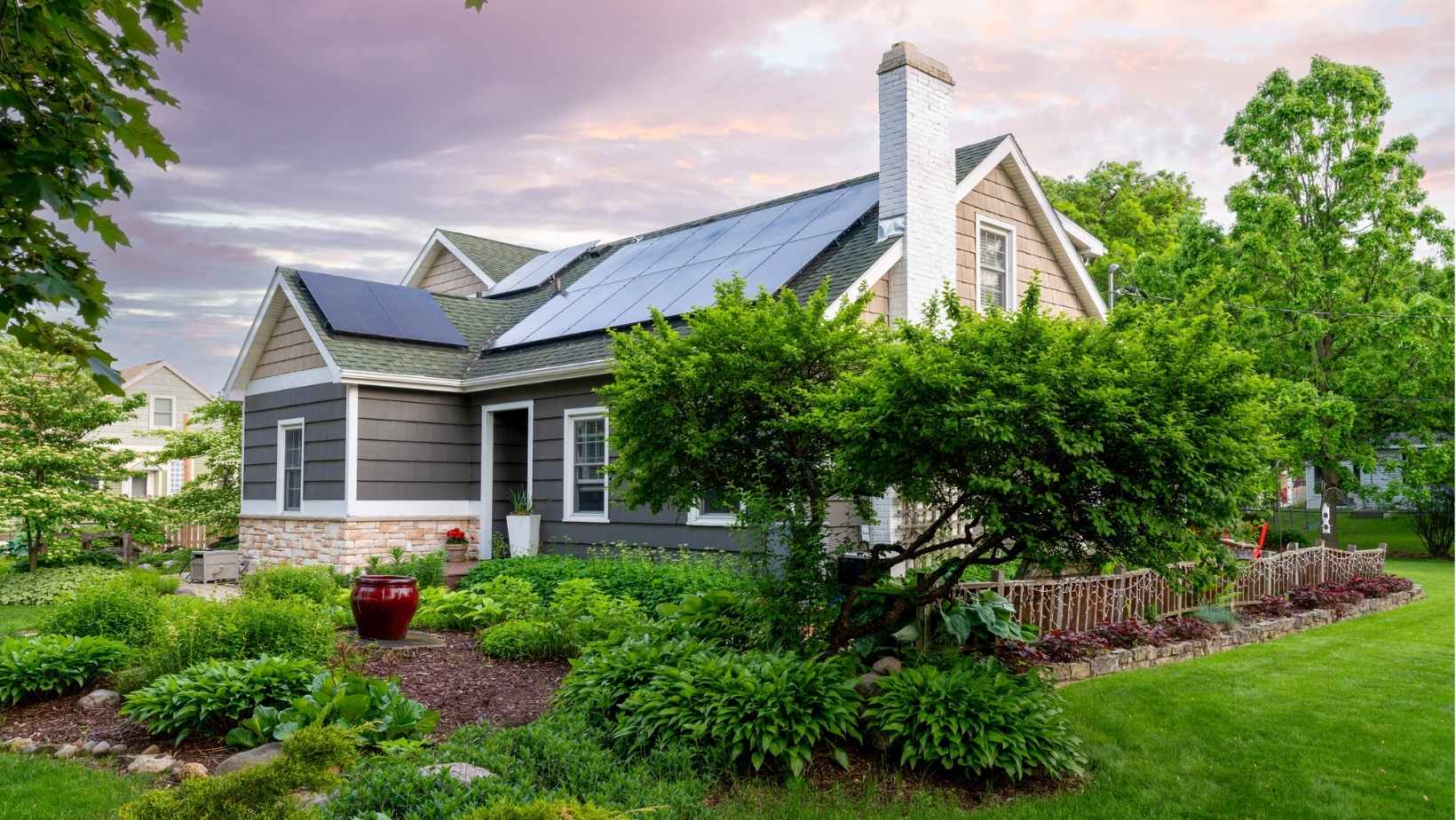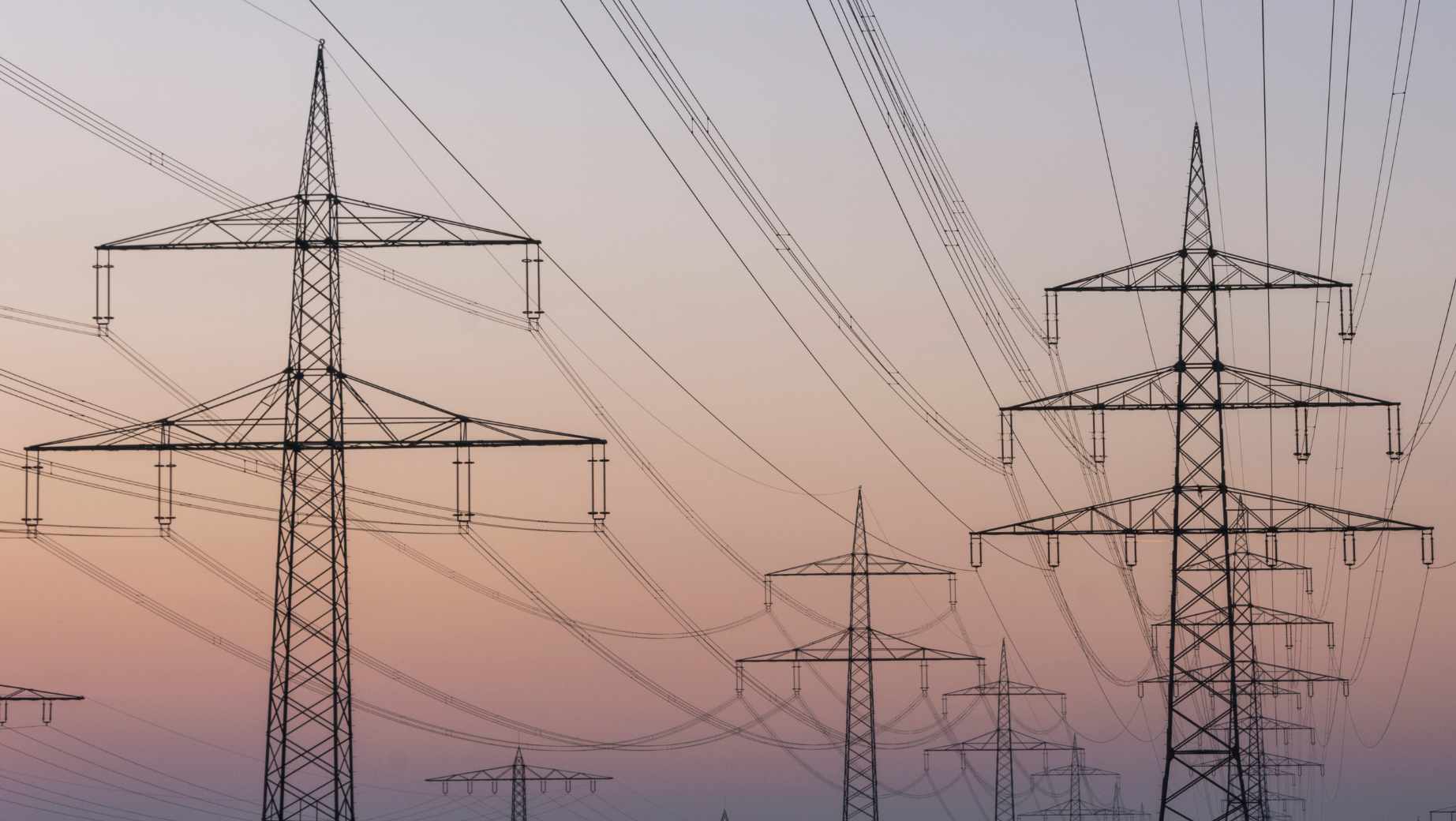The Economics Of Solar Energy: Understanding Costs And Savings
Sian Bradley

Have you ever dreamed of powering your home with the sun, slashing your electricity bills, and insulating yourself from utility rate hikes? Going solar might sound complex and costly upfront. But the economics often work out to save the average household serious money over time while benefiting the planet.
This guide breaks down in simple terms what you need to know—from real costs to available incentives to projected savings—to decide if solar panels are a smart money move for your unique situation. With utilities raising rates yearly, now is the ideal time to understand if the sun can light up your bank account for decades just as it does your home.
Upfront Costs Of Purchasing A Solar System
The initial purchase and installation cost of solar panels is where your focus probably is first. Complete solar systems vary in price, but you can expect to pay an average of USD$2.80 per watt for current solar panel equipment and installation costs. For a typical 5-kilowatt system for a home, that equates to USD$14,000 before any solar incentives or tax rebates.
This upfront investment in a solar system for your home can pay off over time. The timeframe depends on factors like how much you paid for the system, available financial incentives, sunlight levels where you live, and future utility costs.
Available Tax Credits And Rebates
Tax credits, rebates, and other solar incentives offered by local, state, and federal governments can offset your initial costs for going solar considerably. Take advantage of these!
The federal solar tax credit currently allows you to deduct 26% of solar installation costs from your federal income taxes. Many state and local governments also offer additional tax credits and cash rebates to lower costs further and incentivize using this renewable energy.
Some utility companies provide rebate programs, too. When available in your area, state and utility solar incentives can cover as much as 50-75% of your total costs of buying a solar system.
Electricity Bill Savings Over Time
After the initial purchase, you can realize significant long-term savings from your investment in solar panels. Reduced electricity costs are the main financial benefit.
With your own solar power system, your monthly electric bills to the utility company go down—often dramatically if you generate a lot of your home’s electricity usage. You may even get payments back from your utility company if your system produces more electricity than you use personally.
Depending on factors like how much electricity you consume monthly now and how large of a solar system you installed over 20 years, you could save tens of thousands of dollars on avoided electricity costs by having solar panels.
Payback Period Of A Solar System Investment
When does going solar start saving you money? The payback timeframe depends primarily on your specific solar panel system costs after incentives/rebates, utility rates where you live now, and your monthly energy usage.
For most homes that go solar now in sunny locations and take full advantage of available tax credits, rebates, etc., the payback period averages around 6-7 years currently. In other words, the savings from reduced utility bills and income from selling excess solar power back to the grid can surpass your net costs.
After the payback period ends, the electricity your rooftop solar system continues producing provides essentially free power for your home for an additional 10-15 years or more. This makes solar panels a good long-term asset.
Future Electricity Rate Hikes To Consider
Utility electricity costs have been rising an average of 5% per year nationwide for over a decade, and rates are projected to keep increasing. Locking in lower long-term electric costs now with solar panels is a smart hedge against volatile utility prices.
You’ll insulate yourself from future rate hikes and inflation by getting into solar ownership when installation costs are still relatively low before rising further. Within as little as 5-7 years, monthly savings from solar panels could really accelerate from higher utility rates.
Impact On Home Value
Going solar can also boost your property value. Appraisers now factor in income potential from solar installations and lower utility bills when assessing home values. This allows sellers to recoup hardware costs and increase sale prices.
If selling is ever in your plans, the clean energy value additions and financial incentives solar offers are strong selling points for prospective buyers focused on lower monthly bills, too.
Maintenance Requirements And System Lifespan
Fortunately, solar panels require low maintenance once installed properly. They have no moving parts, and modern solar equipment is built to withstand extreme weather conditions. Solar systems have long equipment lifespans averaging around 25-30 years (even up to 35-40 years), providing decades of utility savings.
Final Thoughts
Going solar is an investment in your home’s future with returns that will last over 20 years. Take control of your electricity costs, add value to your property, and get ahead of rising rates by locking in solar panels while incentives are still strong. Request quotes from top-rated solar installers in your area to run the numbers and see if now is the right time to make the transition for your household.
-
NEWSLETTER
Subscribe for our daily news









